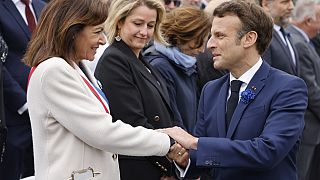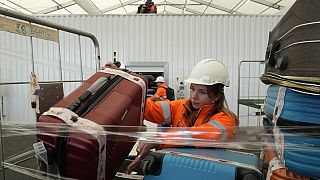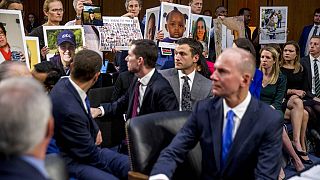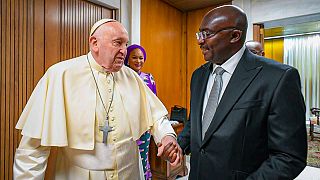Australia
Tennis officials in Melbourne have rejected media reports which suggests the Association is involved in match fixing scandals.
Media reports suggests 16 tennis players ranked in the top 50, had been repeatedly flagged to the tennis integrity unity over suspicion that they had fixed matches in the past.
The tennis authorities are accused of allowing the players involved in the illegal activities to continue competing.
“The Tennis Integrity Unit and the tennis authorities absolutely reject any suggestion that evidence of match fixing has been suppressed for any reason or is not being thoroughly investigated, and while the BBC and BuzzFeed reports mainly refer to events from about 10 years ago, we will investigate any new information, and we always do,” Chris Kermode chairman of the Tennis Association said.
The BBC and BuzzFeed news did not cite names due to the inability to access phone, bank and computer records.
The report has been considered as a distraction to the on-going Australian open at the Melbourne park,
“II think it is always disappointing when stories come out like this just before the big event, because it distracts. But we are so confident that there is nothing in the sport which is being suppressed.
We are confident that the Tennis Integrity Unit(TIU) is doing what it can to tackle this issue very seriously,” ATP chairman added.
TIU officials are looking forward to investigate the matter by asking the electronic communication devices of the players involved.
“If they do not consent to give them, that is called non co-operation and they can be reported and then sanctioned for non-co-operation,” Nigel Willerton, head of the TIU said.
Past TIU investigations have led to the sanctioning of 18 players and six issued life bans.
Reports about the TIU being under-resourced were rejected. ATP officials claim they have injected close to $14 million into anti-corruption programmes.











00:50
Nigeria recovers millions in corruption probe at key ministry
01:07
Liberia: ex-president George Weah's asset document's leaked
01:02
South Africa: Ex-speaker of parliament appears in court, charged with corruption
01:19
South Africa: embattled speaker of parliament Nosiviwe Mapisa-Nqakula resigns
01:00
South Africa: parliamentary speaker faces imminent arrest over graft charges
01:36
South Africa: No arrest imminent for embattled speaker of parliament until April 2